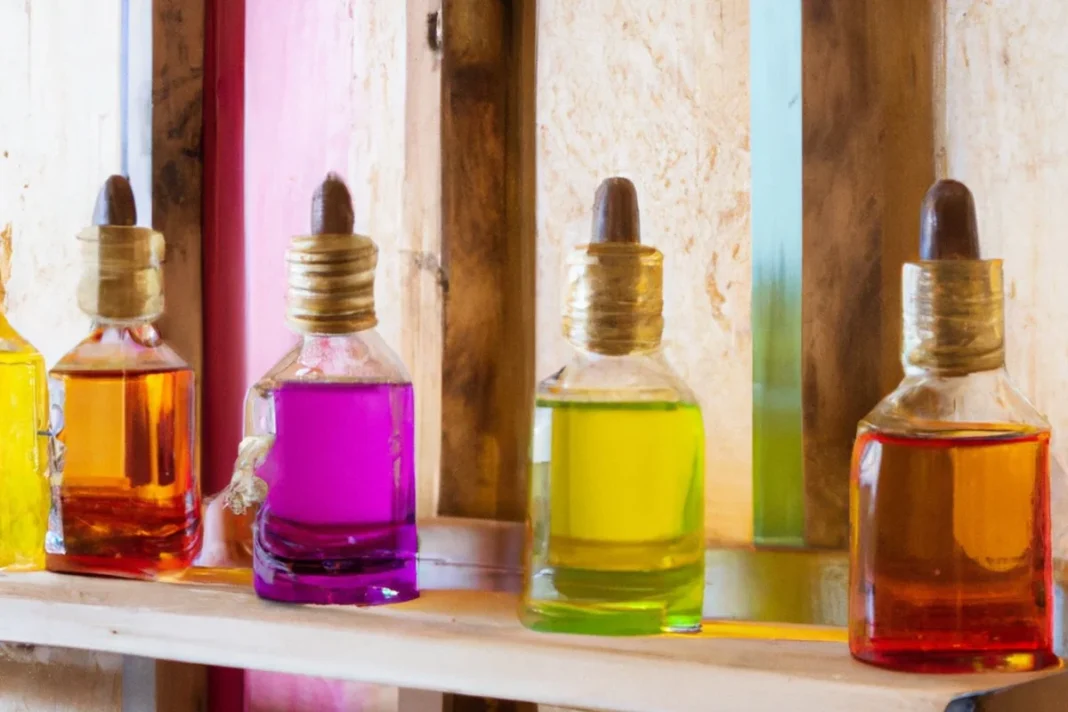Oily skin can be a bit of a puzzle when it comes to finding the right skincare products. Many people with oily skin tend to shy away from facial oils, assuming they will make their skin even oilier. But is that really the case? In this blog post, we’ll ask a licensed esthetician to weigh in on the topic and explore the benefits and considerations of using facial oils for oily skin.
First and foremost, let’s understand why facial oils are becoming more popular in skincare. Facial oils can provide essential nutrients and hydration to the skin, helping to maintain its barrier function and keep it looking healthy. They can also contain antioxidants and other beneficial ingredients that can protect the skin from damage and premature aging.
Now, when it comes to oily skin, a common concern is that adding more oil to the skin will just lead to more shine and clogged pores. However, a licensed esthetician would likely tell you that not all facial oils are created equal, and there are certain types that can actually be beneficial for oily skin.
One key factor to consider is the comedogenicity of the oil. Some oils are more likely to clog pores and cause breakouts, while others are non-comedogenic and less likely to do so. Oils like jojoba oil, argan oil, and rosehip oil are often considered good choices for oily skin as they are relatively lightweight and non-greasy.
Another important consideration is the skin’s actual need for moisture. Even oily skin can become dehydrated, which can trigger the skin to produce more oil to compensate. Using a facial oil that is properly formulated for oily skin can help to balance the skin’s oil production and provide the necessary hydration without adding excess shine.
A licensed esthetician might also recommend looking for facial oils that contain ingredients with anti-inflammatory or acne-fighting properties. For example, tea tree oil and lavender oil have natural antibacterial and soothing effects that can be beneficial for oily, acne-prone skin.
It’s important to note that the way you use facial oils can also make a difference. Applying too much oil can indeed make the skin look oilier, so it’s best to start with a small amount and see how your skin reacts. You can also mix a few drops of facial oil with your moisturizer or serum to customize the level of hydration and oil control.
In summary, facial oils can be a good option for oily skin when chosen carefully and used correctly. A licensed esthetician can provide personalized advice based on your specific skin type and concerns. They can help you navigate the world of facial oils and find the ones that will work best for you. So, don’t be afraid to ask the experts and give facial oils a chance to enhance the health and appearance of your oily skin. Remember, every skin is unique, and finding the right balance of moisture and oil control is key to achieving a clear, radiant complexion.


